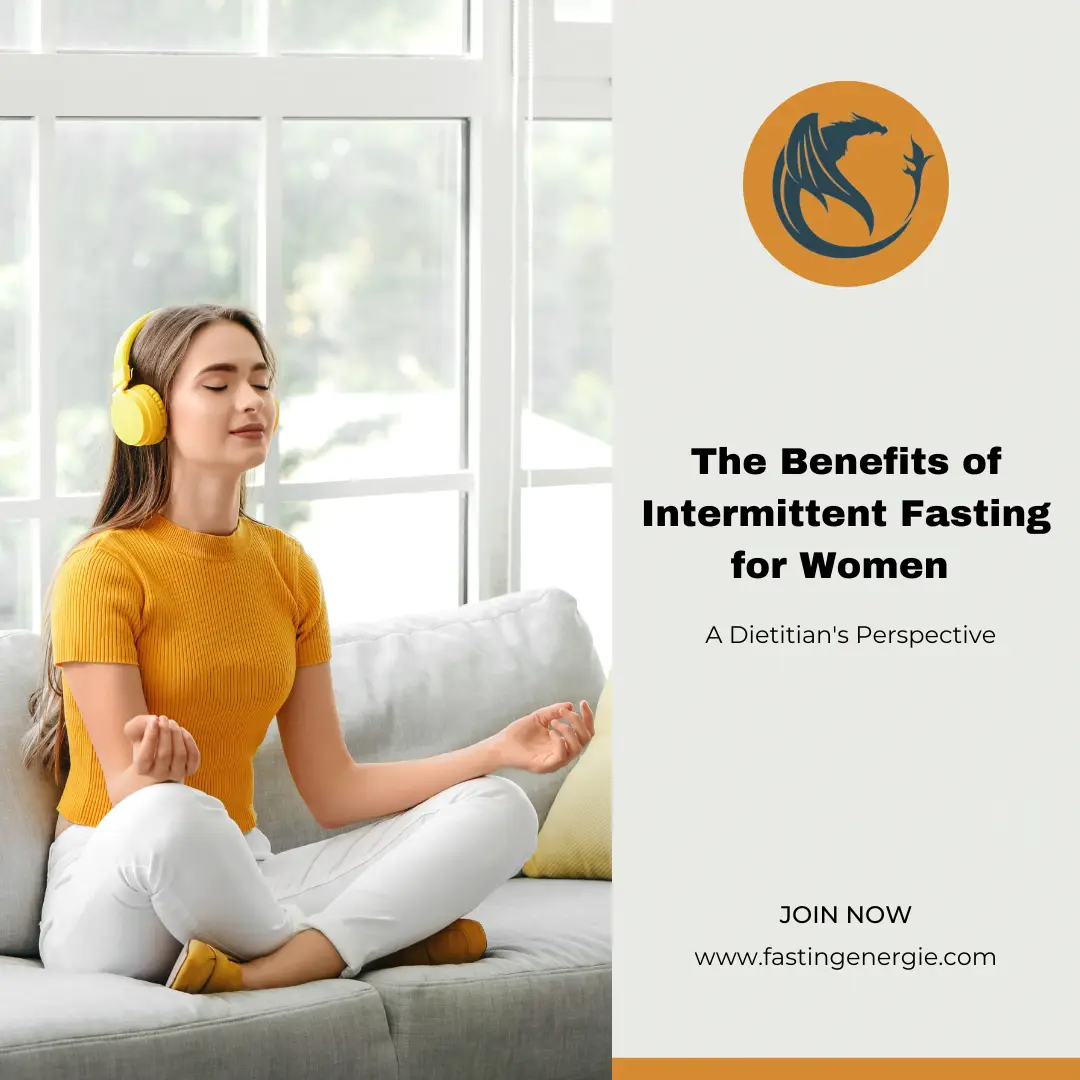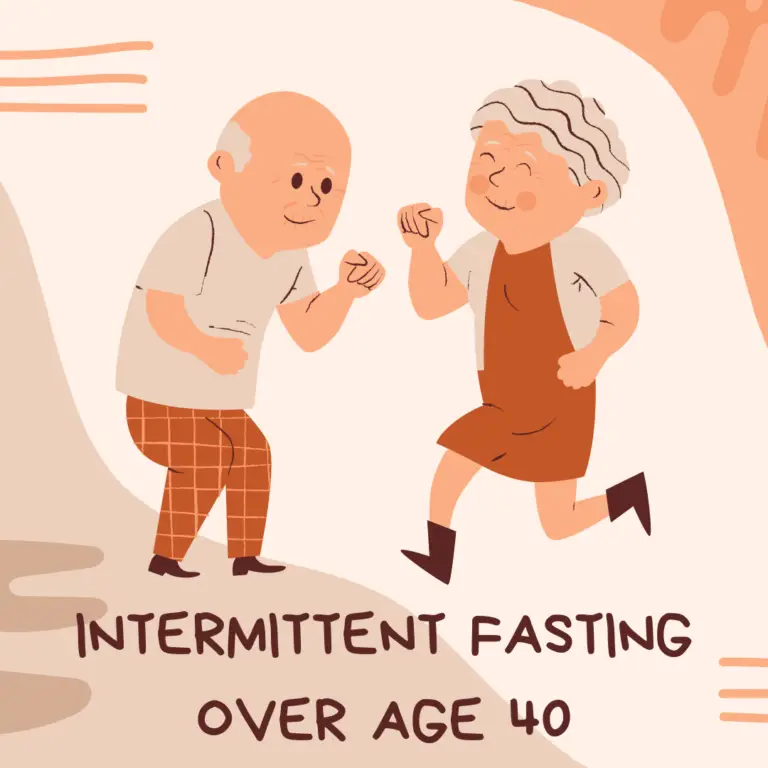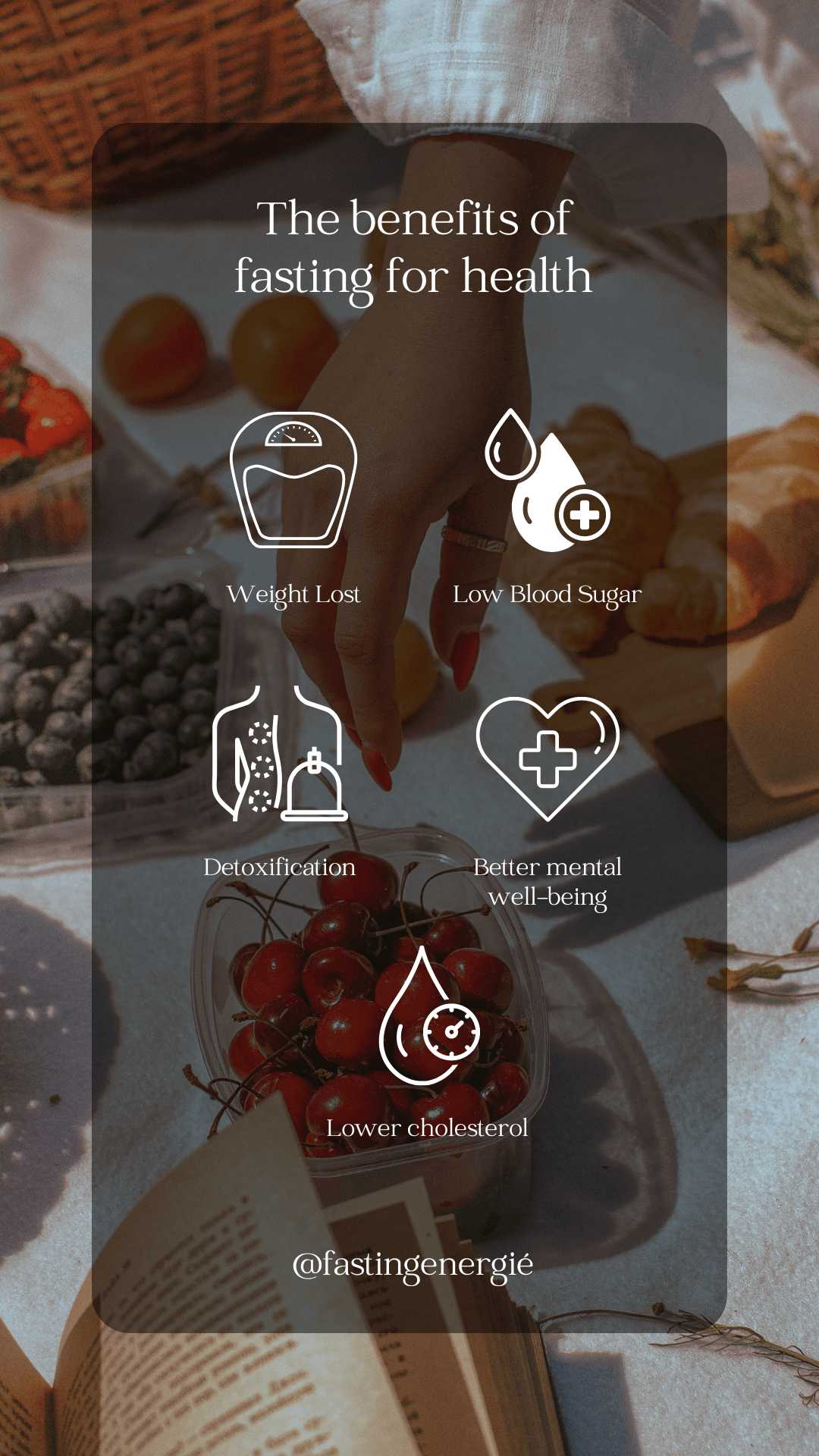10 Surprising Benefits of Intermittent Fasting for Women! Revealed by dietitians.
In our most recent blog post, “Surprising Benefits of Intermittent Fasting for Women,” we explore the distinct and unexpected advantages of intermittent fasting for women. Dietitians revealed this.” This article, written by specialist dietitians, discusses how intermittent fasting can be tailored to women’s individual hormonal and physiological demands. We look at how fasting can benefit women’s health in a variety of ways, including improving metabolic health and positively altering reproductive hormones. We also address frequent issues and offer advice on how to tailor fasting practices to the various stages of a woman’s life, such as treating PCOS symptoms or boosting menopausal health. Join us to explore how intermittent fasting could help you become a healthier, more vibrant version of yourself.
Table of Contents

Benefits of Intermittent Fasting for Women
Weight Management
Intermittent Fasting has been proven to be an effective tool for weight loss, particularly for women. By eating within a specific window and fasting for the remaining hours, your body learns to burn fat more efficiently.
Personal Story: One of my clients, struggled with weight fluctuations for years. When she embarked on a 16:8 fasting plan (fasting for 16 hours and eating during an 8-hour window), she not only lost weight but managed to keep it off. Her relationship with food improved, and she felt more empowered and in control.
Hormonal Balance
Women’s hormones are complex, and Intermittent fasting can help balance them. Some studies show that fasting may regulate insulin levels, reduce inflammation, and even enhance fertility.
Personal Story: Emily, another client of my friend, faced Polycystic Ovary Syndrome (PCOS). After months of Intermittent fasting, she noticed an improvement in her symptoms and more regular menstrual cycles. Intermittent Fasting was not a cure, but it certainly played a part in her healing journey.
Enhanced Mental Clarity and Focus
The mental clarity that comes from Intermittent Fasting is something I’ve experienced myself. During fasting periods, your body can divert energy from digestion to other vital processes.
My Personal Experience: When I started practicing Intermittent fasting, I noticed a sharp increase in my focus and mental clarity. I felt more connected to my body and was able to give better guidance to my clients.
Improved Digestive Health
Intermittent fasting gives the digestive system a break, allowing it to rest and repair. This can lead to improved gut health and better nutrient absorption.
My Personal Experience: My friend Joseph, suffered from irritable bowel syndrome (IBS). After adopting Intermittent fasting under my guidance, he experienced fewer digestive issues and an overall improvement in his well-being. And I believe it will have a similar effect on women as it does on men.
Cardiovascular Health
Some studies have linked Intermittent fasting to better heart health in women by reducing risk factors such as blood pressure, cholesterol levels, and triglycerides.
My Observation: I’ve seen several women benefit from improved cardiovascular markers after embracing Intermittent fasting. It’s worth mentioning that these benefits were most pronounced when IF was combined with a heart-healthy diet and regular exercise.
Boosted Immune Function
Intermittent fasting can stimulate autophagy, a process where the body cleans out damaged cells and regenerates new ones. This might help strengthen the immune system.
Personal Opinion: Although more research is needed in this area, I find the potential connection between Intermittent fasting and immune health intriguing. Several clients have reported feeling more robust and resilient since starting Intermittent Fasting.
Enhanced Relationship with Food
Intermittent fasting encourages mindfulness and can foster a healthier relationship with food.
My Personal Experience: Practicing Intermittent fasting has helped me appreciate meals more and recognize true hunger cues. Many of my clients agree with this sentiment.
Skin Health and Anti-Aging Benefits
Some women report improved skin clarity and anti-aging benefits with Intermittent fasting, likely due to enhanced cellular repair processes.
Personal Story: My client, Sophia, noticed her skin became more radiant and youthful looking after a few months of Intermittent fasting. Though anecdotal, it aligns with the idea that fasting might boost skin health.
Reducing Inflammation
Inflammation is often a natural response to stress or injury, but chronic inflammation can lead to various health problems. Intermittent fasting may be a powerful tool in reducing this persistent inflammation.
My Observation: Many of my female clients have reported decreased symptoms related to inflammation, such as joint pain or bloating, after adopting Intermittent fasting. This aligns with scientific research that suggests Intermittent fasting may downregulate inflammatory pathways.
Personal Story: Anna, a client struggling with chronic inflammation, found relief through Intermittent fasting combined with an anti-inflammatory diet. She described feeling more energetic, flexible, and free from previous discomfort.
Reduced Risk of Breast Cancer
Some preliminary studies have indicated that IF might be associated with a reduced risk of developing breast cancer. This is an area of ongoing research and should be considered with caution, but the initial findings are promising.
Personal Experience: One of my dear clients, Margaret, was at high risk for breast cancer due to her family history. While there’s no definitive proof that Intermittent fasting can prevent cancer, she chose to follow an IF regimen as a proactive approach to her health. Combined with regular screenings and a healthy lifestyle, she feels more in control of her health journey.
Expert Opinion: While we cannot rely on Intermittent fasting as a preventive measure for breast cancer alone, I believe it’s worth exploring as part of an overall health strategy. The potential link between Intermittent fasting and reduced cancer risk adds to the intrigue and value of this dietary approach. However, more research is needed to draw definitive conclusions.
Potential Risks and Considerations
It’s essential to note that Intermittent fasting may not be suitable for everyone. Women who are pregnant, breastfeeding, or have certain medical conditions should consult with a healthcare provider before attempting IF
Personal Reflection and Professional Insight
As a dedicated nutritionist, I’m continually amazed by the potential benefits of intermittent fasting for women. From weight management and hormonal balance to reduced inflammation and potential cancer risk reduction, Intermittent fasting offers a holistic approach to well-being.
However, it’s essential to emphasize that Intermittent fasting is not a miracle cure or a one-size-fits-all solution. Every woman’s body is unique, and the effectiveness of Intermittent fasting will vary based on individual needs, lifestyles, and medical histories.
Considerations and Customizing Intermittent Fasting for Women
Women’s bodies may react differently to fasting compared to men’s. Some women may experience hormonal imbalances with prolonged fasting. It’s essential to tailor the fasting approach to individual needs and to be mindful of any negative symptoms.
My Expert Advice: If you are a woman considering Intermittent fasting, start slowly and observe how your body responds. Consulting with a nutrition expert who understands the unique physiology of women can make your IF journey more successful and enjoyable.
Conclusion
Intermittent fasting is a multifaceted dietary approach with diverse benefits for women. The stories I’ve shared with my clients, along with my own professional experiences, paint a vivid picture of the potential advantages of Intermittent fasting.
Yet, the complexities of the female body require a careful and individualised approach. I encourage anyone interested in exploring Intermittent fasting to do so under the guidance of a healthcare or nutrition professional, particularly if you’re considering Intermittent fasting in the context of serious health concerns like breast cancer.
The path to wellness is a personal journey, and while Intermittent fasting may offer exciting possibilities, it must be undertaken with care, understanding, and respect for your unique needs.
Frequently Asked Questions
What is the truth about intermittent fasting for women?
Intermittent fasting can be effective for women, but due to hormonal sensitivity, it needs to be approached with caution, especially in terms of duration and frequency to avoid disrupting menstrual cycles and hormonal balance.
What is the best intermittent fasting routine for women?
The 16/8 method (16 hours of fasting with an 8-hour eating window) is popular and effective for many women, offering a balance that can support lifestyle and hormonal health.
Is fasting really good for women?
Fasting can be beneficial for women by aiding in weight loss, improving metabolic health, and reducing insulin resistance, but it should be tailored to individual health needs and life stages.
When should a woman start fasting?
A woman should start fasting when she feels ready and after consulting with a healthcare provider, especially if she has any underlying health conditions or concerns about fertility or hormonal balance.
How does fasting affect female hormones?
Fasting can affect female hormones by potentially disrupting the normal menstrual cycle and affecting reproductive hormones, especially if fasting is prolonged or combined with significant calorie reduction.
Intermittent Fasting for Women Over 50
For women over 50, intermittent fasting can be a great tool to manage weight and improve health markers like blood sugar and cholesterol. However, it’s important to focus on nutrient-dense foods during eating windows and possibly adjust fasting windows to be shorter to accommodate metabolic changes associated with age.







